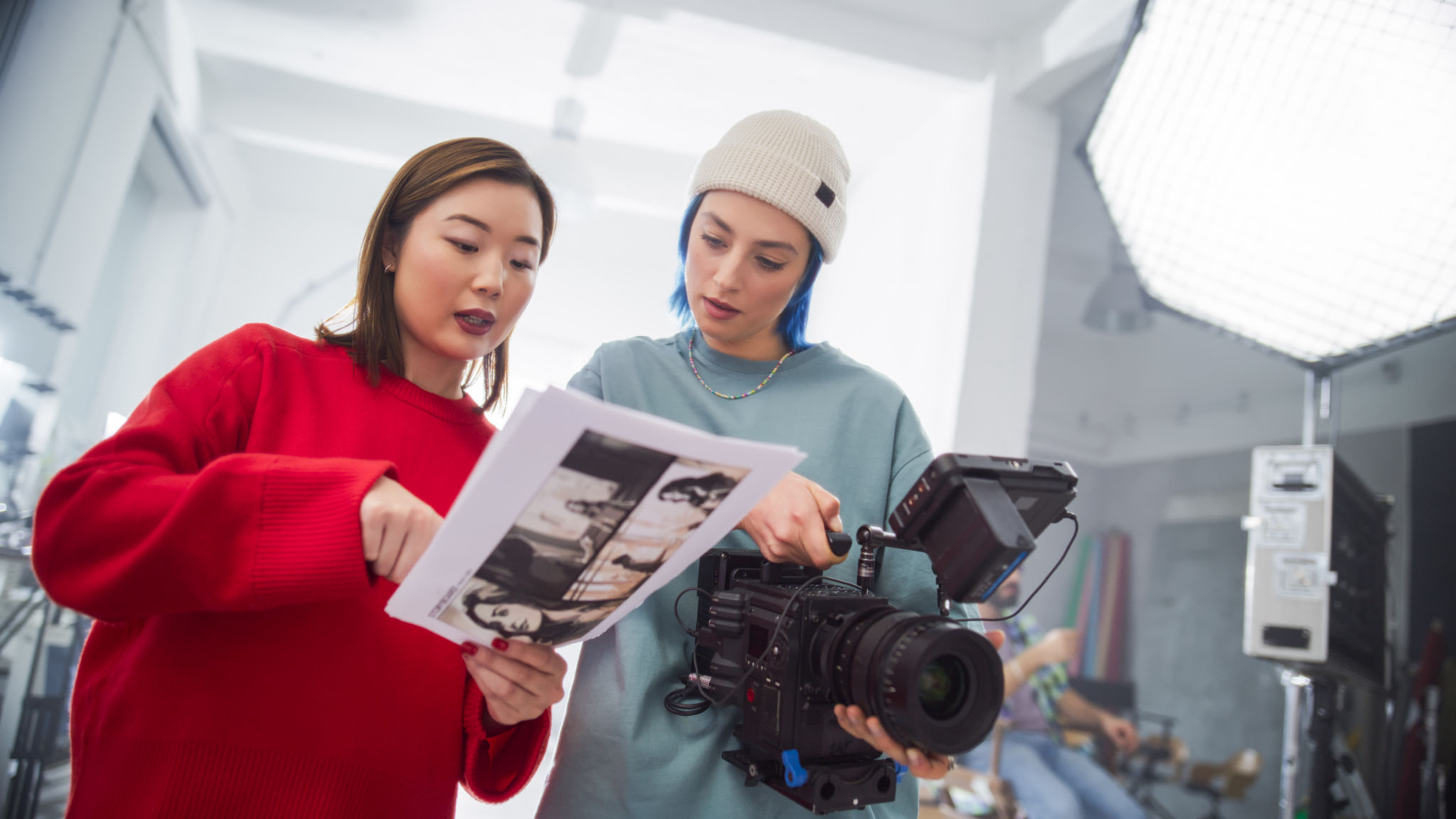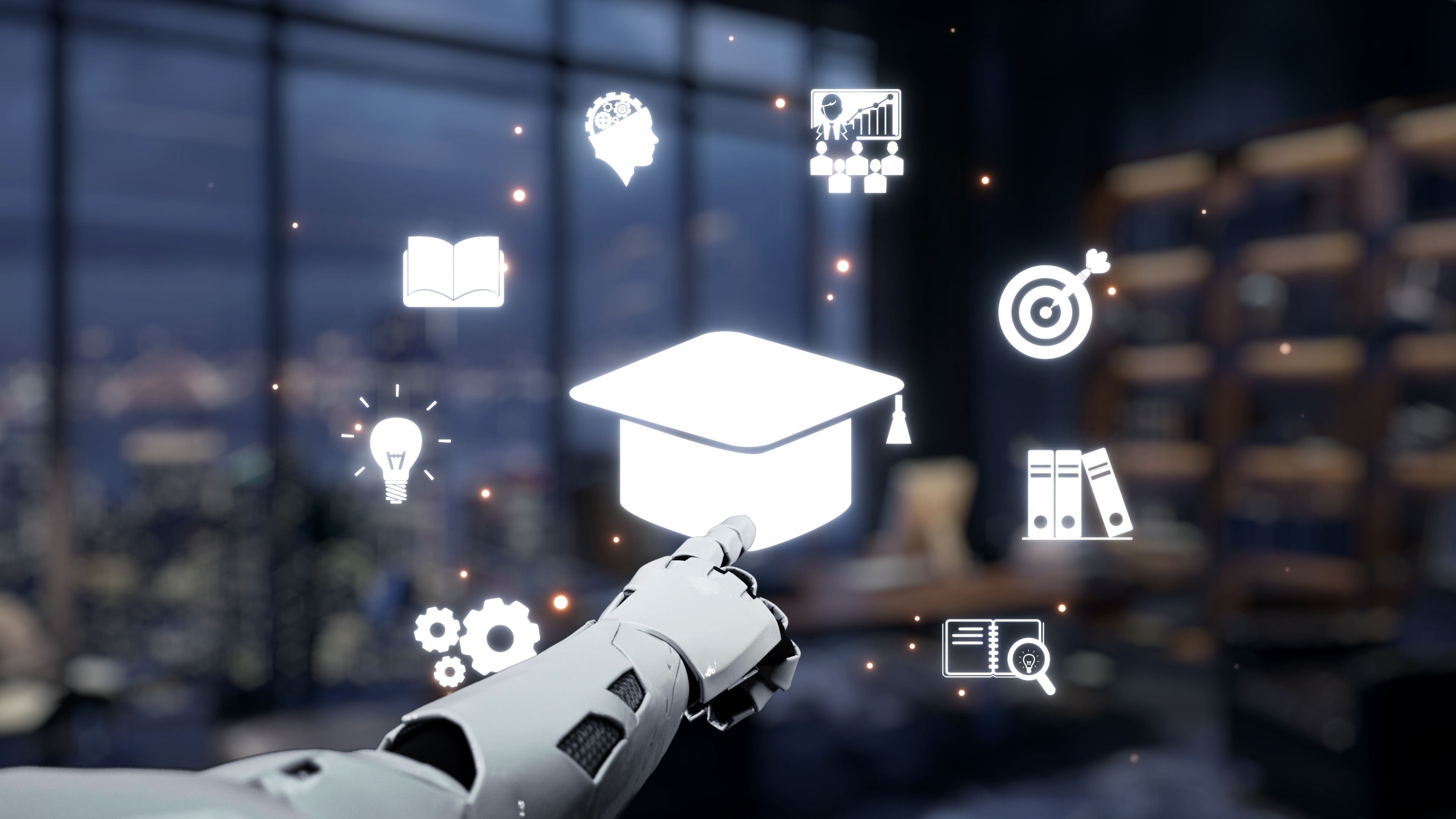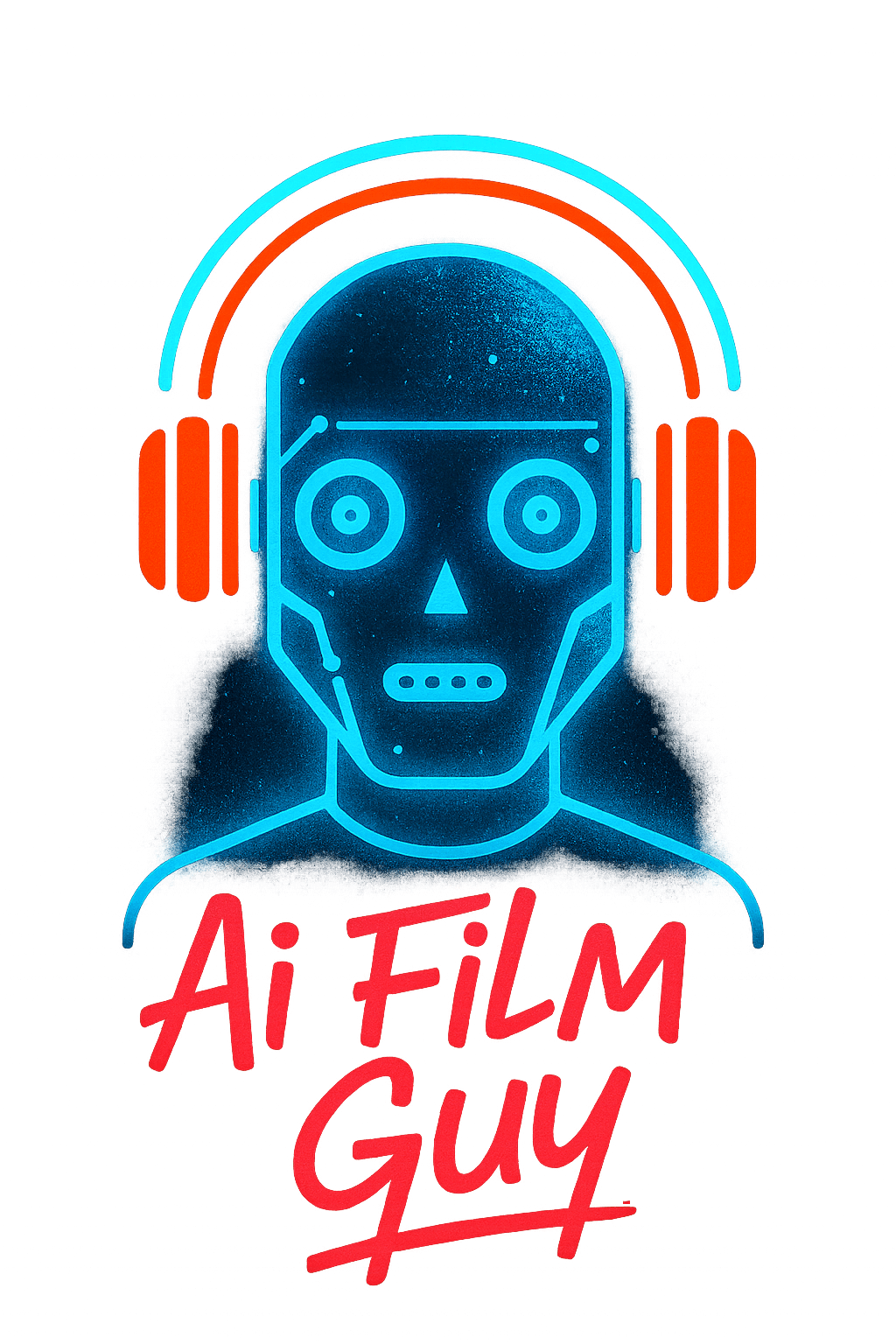AI Filmmaking: Transforming Education through Innovation
JS
AI Filmmaking: A New Era in Education
The integration of AI into filmmaking is rapidly transforming the educational landscape, offering students and educators innovative tools and methods to explore this creative field. By leveraging AI technologies, schools and universities can provide more engaging and personalized learning experiences in film studies. This technological advancement not only simplifies complex processes but also opens up new possibilities for storytelling and creativity.
AI-driven tools are revolutionizing the way films are conceptualized, produced, and even analyzed. From scriptwriting to editing, AI can automate and enhance various aspects of the filmmaking process, allowing students to focus more on creativity and less on technical constraints. By employing AI in educational settings, institutions can prepare students for a future where technology plays a significant role in the arts.

Enhancing Scriptwriting with AI
One of the most profound impacts of AI in filmmaking education is in scriptwriting. AI tools can assist students in generating ideas, creating dialogue, and developing plot structures. These tools analyze vast datasets from existing scripts to suggest improvements or generate entirely new concepts. This not only speeds up the writing process but also encourages creativity by offering diverse perspectives and narrative possibilities.
Moreover, AI can personalize learning experiences by adapting scriptwriting exercises to the individual needs of each student. This tailored approach helps students develop their unique voice while mastering essential storytelling techniques. As a result, students can experiment with different genres and styles, learning what works best for their narrative goals.

Revolutionizing Film Production Techniques
AI is also making waves in film production by optimizing workflows and enhancing visual effects. For instance, AI can automate tasks such as scene composition, lighting adjustments, and even actor placement. This not only saves time but also allows students to experiment with professional-grade filmmaking techniques without the need for expensive equipment or extensive crews.
Furthermore, AI-driven analytics can provide real-time feedback during production, helping students understand the impact of their creative choices on the final product. By incorporating these insights into their projects, aspiring filmmakers can refine their skills and produce higher-quality films.

AI's Role in Post-Production and Editing
In post-production, AI tools are revolutionizing editing by offering features such as automated cutting, color correction, and sound mixing. These tools enable students to experiment with various editing styles, enhancing their ability to convey stories more effectively. AI-assisted editing can also suggest improvements based on audience engagement data, helping students understand how to craft compelling narratives.
Additionally, AI can facilitate collaborative learning by allowing multiple students to work on a project simultaneously. This collaborative environment mimics real-world film production settings, preparing students for future careers in the industry. By encouraging teamwork and communication, AI tools foster an educational environment that emphasizes both individual creativity and collective effort.
The Future of AI in Filmmaking Education
As AI continues to evolve, its applications in filmmaking education are expected to grow even further. Emerging technologies such as virtual reality (VR) and augmented reality (AR) are poised to integrate with AI tools, offering immersive learning experiences that transform how students engage with film studies. These innovations will provide new ways for students to experience storytelling, both as creators and as audiences.
The potential of AI in filmmaking extends beyond education, impacting the entire industry by democratizing access to filmmaking resources and expertise. As more educational institutions adopt these technologies, they will empower a new generation of filmmakers who are adept at using AI to push creative boundaries.

In conclusion, AI is poised to play a pivotal role in transforming filmmaking education. By enhancing scriptwriting, production, and editing processes, AI empowers students to explore their creative potential while preparing them for the technological advancements shaping the film industry. As educational institutions continue to embrace AI, they will foster a generation of innovative filmmakers ready to redefine storytelling for the digital age.
